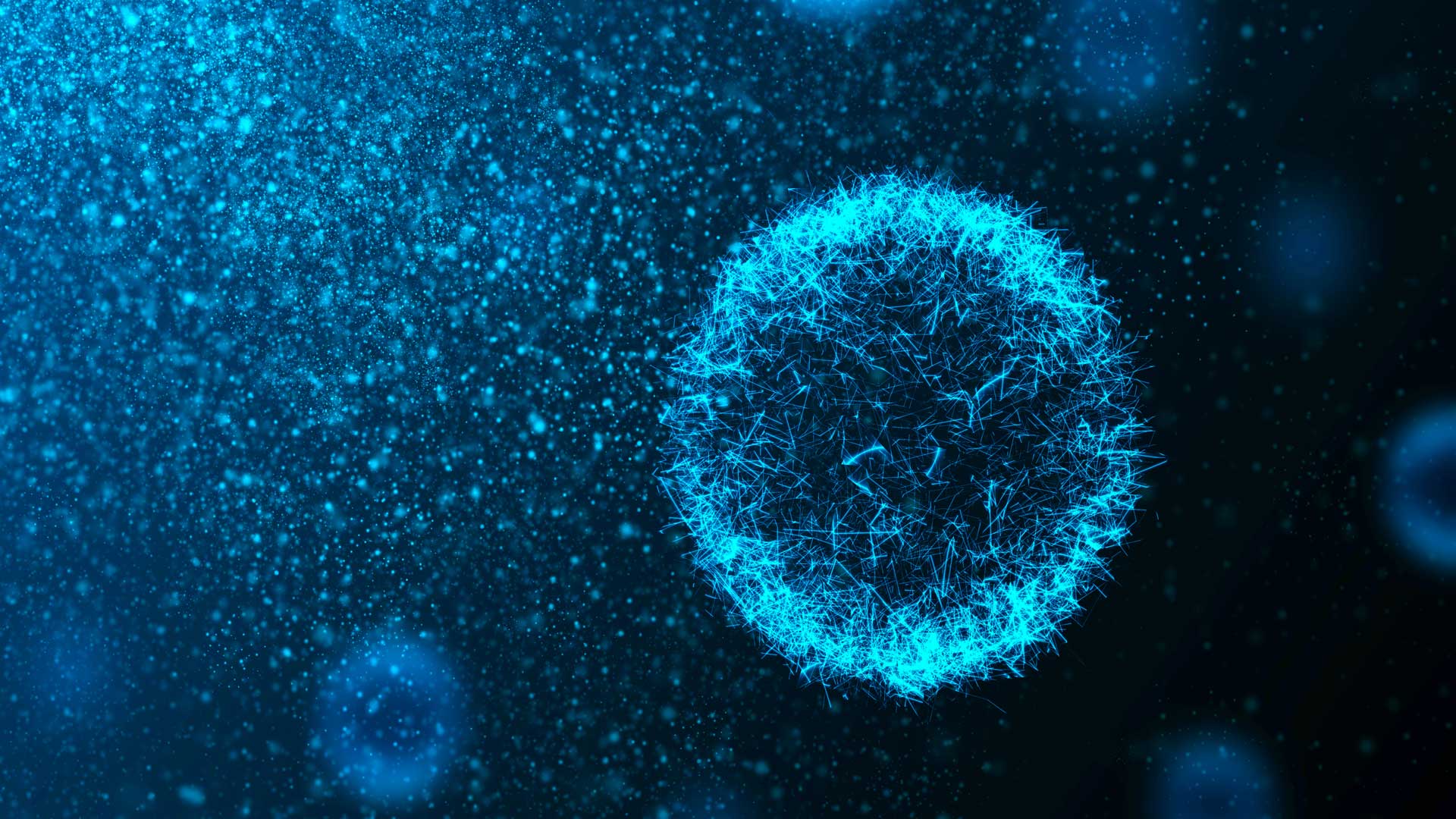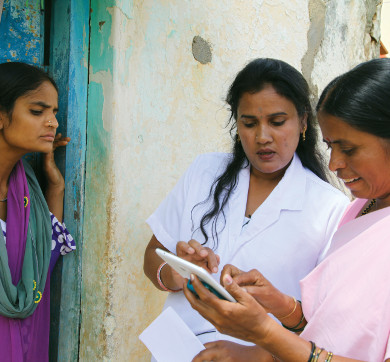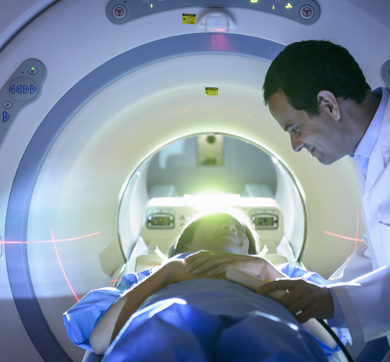January 2019 | 618 words | 2-min read
Most of us have experienced that strong gut feeling when trouble comes knocking at our door, although we are never quite able to explain exactly why (or how) we feel that way. What if we told you that there are bacteria in your gut that are capable of even stronger premonition – and that they could warn you about several impending diseases, including cancer?
The human body is home to a host of bacterial communities – or microbiomes – that together impact our overall health. By studying the kinds and proportions of bacteria that live on and/or within you, the TCS team working on microbiome research can present a holistic picture of your present state of health, and even predict your future health condition. Looking at certain biomarkers – that is, variations in structure or function – in these bacterial ecosystems, scientists can predict the presence or stage of several diseases. Some of these predictions could be life-saving.
The Life Sciences research area under TCS Research and Innovation (R&I), which specializes in the microbiome as one of the key topics of research, has for the past decade been developing and using state-of-the-art algorithms and analytics to examine the role of the human microbiome in diseases, and its applications in screening and diagnosis. While improved DNA sequencing technologies have made it possible for a large amount of bacterial genomic data to be sequenced, clinical interpretation of this data still remains a challenging task. This is where TCS researchers have achieved significant breakthroughs.
Analytics to the Rescue
The microbiome journey of this team started with an exploratory project in collaboration with the National Institute of Cholera and Enteric Diseases (NICED), Kolkata. NICED had collected gut microbiome data (that is, stool samples) from both healthy and severely malnourished children. The TCS team employed cutting-edge algorithms to decipher crucial insights about specific groups of bacteria that contributed to impaired digestion and poor nutrient absorption in the malnourished kids.
As part of a different engagement (an Indo-Danish research collaboration), the team was able to identify microbial signatures from stool samples taken from Indian subjects that could predict the onset of diabetes. Encouraged by these findings, the team then decided to explore other such biomarkers – an idea that is set to change the future of medical diagnostics.
So far, the team has developed microbiome-based biomarkers that can accurately predict premature births, colorectal cancer, and breast cancer. The biggest advantage of the team’s microbiome-based diagnostic/screening solutions is early detection, especially for asymptomatic diseases. This gives doctors a chance to start timely therapeutic intervention and manage the patient and the disease in a much more effective manner.
Life-saving Implications
Take the case of preterm deliveries. Given that nearly 10% of every 15 million such deliveries result in infant deaths world-wide every year1, with complications in store for survivors, this team’s research findings enabling prediction of premature births quite literally have the potential to save lives.
By analyzing more than 1,600 available pregnancy-related microbiome data sets, the team was able to develop an algorithm that can predict a preterm delivery with an accuracy rate of almost 95%, that too within the first trimester of the pregnancy2. This will give doctors an opportunity to monitor both maternal and fetal health closely. The minimally-invasive and cost-effective manner of microbiome sample collection also holds potential for large-scale adoption of this technology.
The team has now set its sights even higher – next on its list of biomarker exploration projects are cardiovascular diseases, neurological disorders, and further cancer research. With the right kind of data, parameters, and algorithms in place, the TCS Innovation lab’s biomarker research holds the promise of personalized and holistic health therapies in the very near future.
Contacts, references and acknowledgments as published originally on the TCS website













